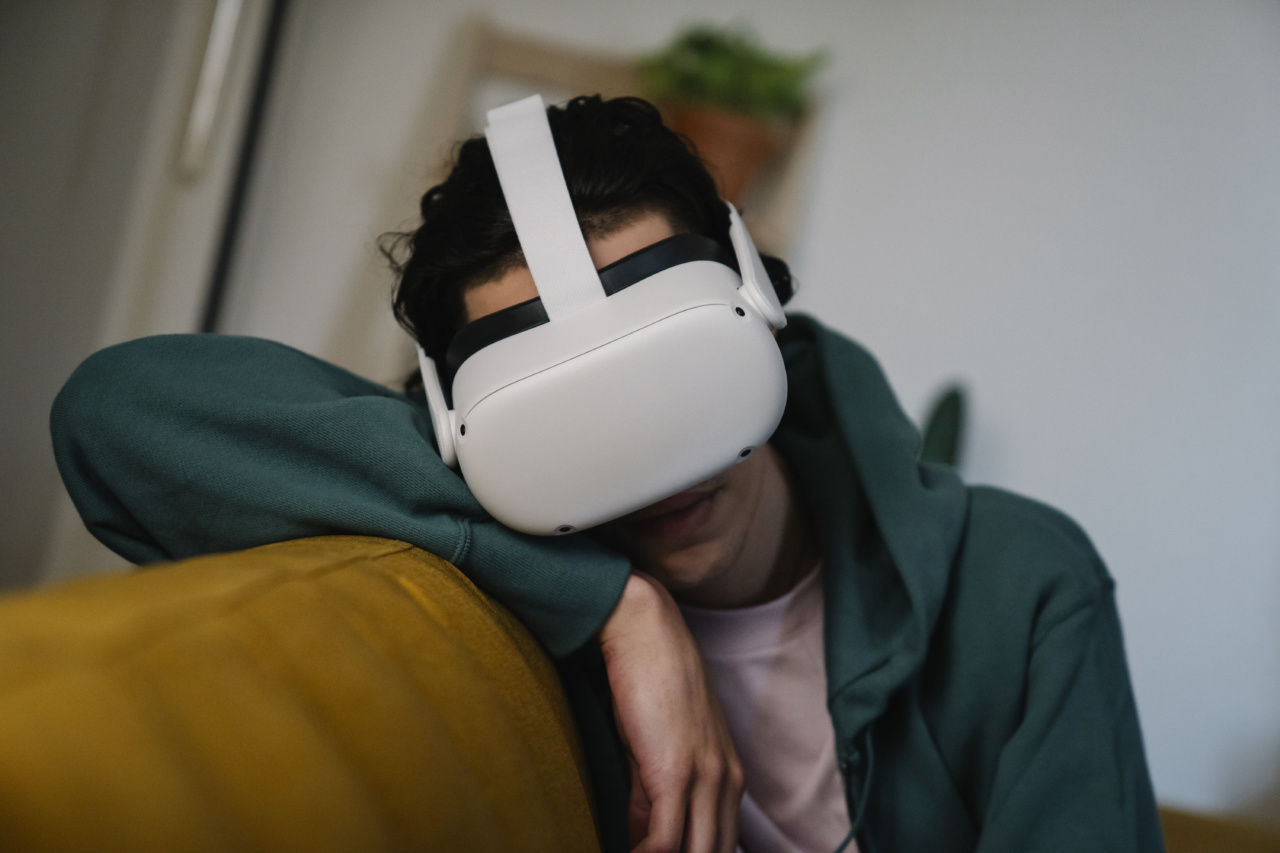It is a well-established fact that maintaining good eyesight is important to our overall health and well-being. However, what is less well-known is the relationship between vision and mental acuity.
Studies have shown that there is a strong connection between vision and cognitive function, with good eyesight being essential to good mental function and vice versa.
The Physiology of Vision and Mental Acuity
To understand the relationship between vision and mental acuity, it is important to understand how they are physiologically connected.
Vision involves the input of information from the eyes to the brain, where it is processed and interpreted into meaningful images. Mental acuity, on the other hand, involves the ability to concentrate, learn, reason, and remember information.
Both vision and mental acuity are dependent on the health and functioning of the brain, as the optic nerves and other pathways from the eyes must work properly in order for information to be processed and interpreted correctly.
When vision is compromised due to conditions such as age-related macular degeneration, cataracts, glaucoma, or diabetic retinopathy, the brain must work harder to process visual information, which can impede cognitive function.
Vision and Cognitive Functioning
Research has demonstrated that good vision is essential to strong cognitive functioning.
For example, studies have shown that individuals with age-related macular degeneration, a condition that causes progressive vision loss, tend to have poorer cognitive function than those with good eyesight. Conversely, individuals with better vision tend to have better cognitive function, including better memory and attention span.
Some studies have suggested that improved vision through treatments such as cataract surgery or glasses can lead to higher cognitive functioning.
The relationship between vision and cognitive functioning is particularly important as people age. Studies have shown that age-related declines in vision can be linked to declines in cognitive function.
As people age, it is important to keep up with regular eye exams and vision correction to ensure that visual impairments do not hinder cognitive function.
Mental Acuity and Vision Improvement
On the other hand, research has also shown that improving visual function can lead to improvements in cognitive function.
For example, studies have shown that individuals who wear glasses or contact lenses to correct their vision tend to perform better on cognitive tasks than those who do not. Additionally, some studies have suggested that vision therapy, which involves the use of exercises to improve eye function, can result in improvements in cognitive function, including memory and learning.
One possible explanation for this relationship is that improving visual function reduces the cognitive load on the brain, freeing up resources for other mental tasks.
Additionally, improved visual function may result in greater sensory stimulation, which can aid in cognitive function.
The Importance of Comprehensive Eye Exams
Given the strong relationship between vision and cognitive function, it is essential to get regular comprehensive eye exams. Eye exams can help detect and treat vision problems that might impair cognitive function.
This is particularly important for older adults, who are at higher risk for both vision problems and declines in cognitive function.
During an eye exam, an optometrist or ophthalmologist will evaluate visual acuity, check for changes in vision, and screen for conditions such as diabetic retinopathy, glaucoma, and cataracts.
By catching and treating vision problems early on, individuals can safeguard their cognitive function and reduce their risk of age-related cognitive decline.
Conclusion
The connection between vision and mental acuity is complex and multifaceted.
Research has demonstrated that maintaining good vision is essential to strong cognitive function, and that improving visual function can lead to enhancements in cognitive function. By getting regular comprehensive eye exams and seeking vision correction as needed, individuals can safeguard their cognitive function and overall health as they age.






























